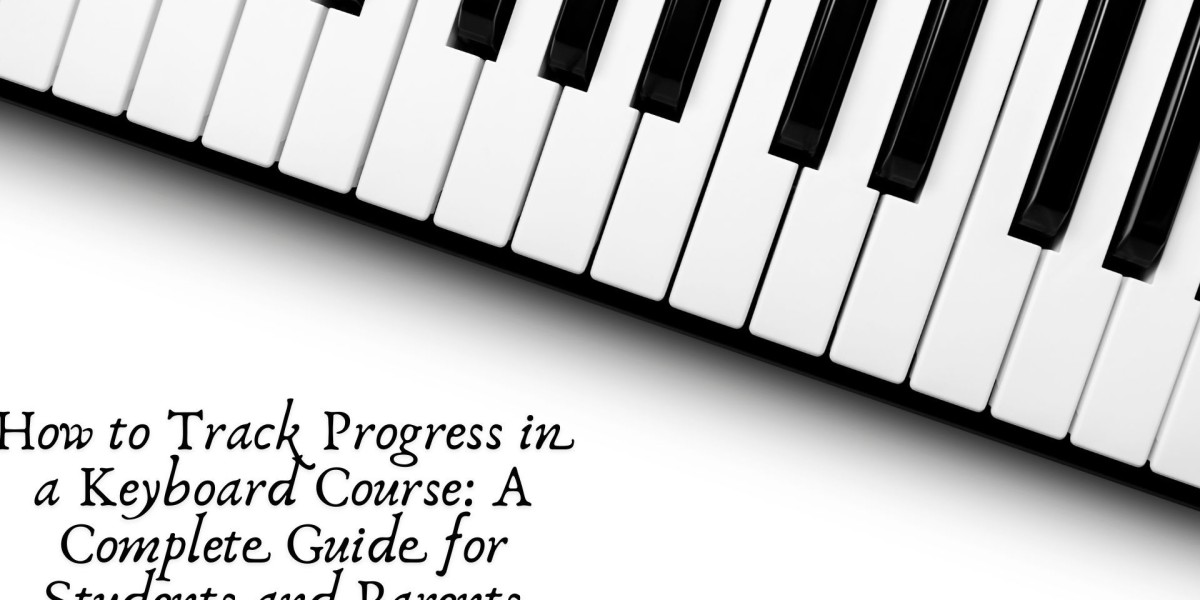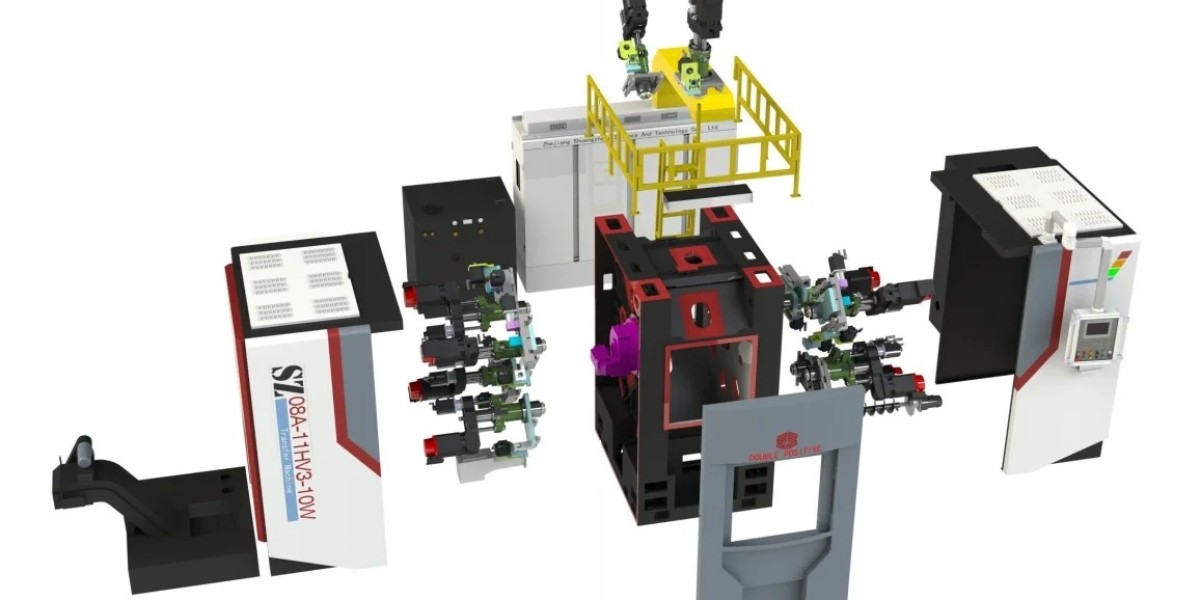Learning to play the keyboard is an exciting journey that blends creativity, discipline, and continuous growth. Whether you're a beginner exploring music for the first time or an intermediate student refining your skills, tracking your progress in a keyboard course is crucial to staying motivated and improving over time. In this article, we’ll explore effective strategies to monitor your development, set achievable goals, and measure success in your keyboard learning journey.
Why Tracking Progress Matters in a Keyboard Course
Progress tracking is more than just noting how many songs you’ve learned. It helps you:
Stay Motivated: Visible growth boosts confidence and motivation.
Identify Strengths and Weaknesses: Knowing what you’ve mastered and where you struggle allows for targeted improvement.
Set Realistic Goals: Helps in planning next steps and assessing readiness for advanced lessons.
Maintain Consistency: Regular check-ins prevent stagnation and keep your learning on track.
Set Clear and Specific Goals
Begin by defining what you want to achieve. Goals can be divided into:
Short-Term Goals (e.g., mastering a specific scale, learning a song in one week)
Long-Term Goals (e.g., playing fluently with both hands, reading sheet music confidently)
Writing down your goals or discussing them with your teacher can help make them tangible and trackable.
Keep a Practice Journal
A practice journal is a powerful tool for tracking daily or weekly progress. Include:
Practice Duration: Note how long you practiced.
What You Practiced: List pieces, scales, or exercises.
Challenges Faced: Note tricky parts that need more focus.
Achievements: Record breakthroughs or improvements.
This helps identify patterns and gives a clear picture of your dedication and improvement.
Record Your Playing
Using audio or video recordings is an effective way to hear and see your progress over time. Benefits include:
Self-Critique: Spot mistakes or areas for improvement.
Comparative Analysis: Compare recordings from different weeks or months to see your advancement.
Feedback Sharing: Share with your teacher for targeted advice or with friends/family for encouragement.
Even simple smartphone recordings can be valuable.
Use Checklists and Milestones
Keyboard courses often follow a structured curriculum. Ask your instructor for a syllabus or create one with:
Technical Skills (scales, arpeggios, hand coordination)
Music Theory (notation, rhythm, harmony)
Performance Skills (expression, dynamics, stage confidence)
Repertoire (number and complexity of pieces learned)
Tick off items as you complete them to visually track your accomplishments.
Regular Assessments and Teacher Feedback
Your instructor plays a crucial role in evaluating your progress. Be sure to:
Schedule Regular Reviews: Ask for feedback during lessons.
Participate in Exams or Recitals: Events like ABRSM or Trinity exams are structured ways to measure skill level.
Request Progress Reports: Some instructors offer detailed evaluations on technique, musicality, and more.
Feedback helps you see your development from a professional perspective.
Measure Technical and Musical Growth
Progress in music isn't just about learning new pieces. Pay attention to:
Technique: Are your fingers stronger and more agile? Are you using correct posture and hand positioning?
Timing and Rhythm: Can you play in time and with a steady tempo?
Sight Reading: Is reading sheet music becoming easier?
Musical Expression: Are you incorporating dynamics, articulation, and emotion in your playing?
Keeping notes on these elements ensures holistic musical development.
Celebrate Small Wins
Tracking progress shouldn’t feel like a chore. Celebrate milestones such as:
Learning Your First Song by Heart
Playing with Both Hands for the First Time
Performing in Front of Others
Completing a Course Level or Grade
Recognizing achievements keeps enthusiasm high and makes learning more enjoyable.
Use Digital Tools and Apps
Several apps and digital platforms can help track and enhance keyboard learning:
Flowkey, Simply Piano, or Yousician: Provide progress tracking, feedback, and structured lessons.
Metronome and Tuner Apps: Help improve timing and pitch accuracy.
Practice Trackers: Like “Piano Maestro” or “Music Journal” allow logging practice time and goals.
Integrating tech into your routine makes tracking seamless and fun.
Review and Reflect Periodically
Every month or so, take time to reflect on:
What you’ve learned
Challenges you’ve overcome
Areas that still need work
What excites you about your next goal
Reflection fosters self-awareness and can renew your motivation to keep pushing forward.
Conclusion
Tracking progress in a keyboard course transforms casual practice into purposeful learning. Whether you're a student, parent, or teacher, having a system in place helps guide the journey, acknowledge hard work, and inspire future success. With consistent effort, the right tools, and a mindset geared toward growth, you’ll find that your musical progress not only becomes visible—it becomes deeply rewarding.






